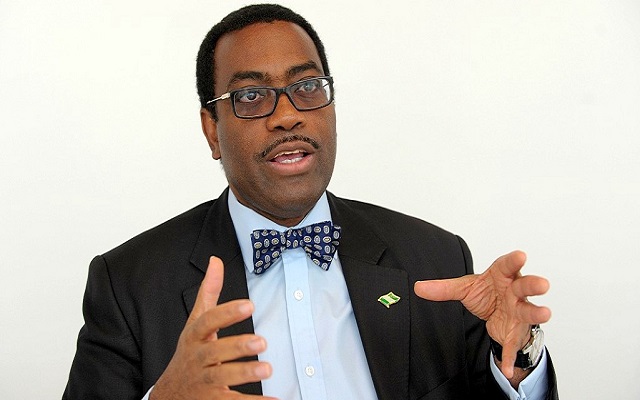–Initiative To Drive Inclusive Growth And Climate-Resilient Infrastructure In Nigeria
The African Development Bank Group (AfDB) has approved a new five-year Country Strategy Paper (CSP) for Nigeria, committing approximately $650 million annually from 2025 to 2030 to support economic transformation, resilience, and inclusive prosperity, reports Digital TimesNG.
According to a statement released on Thursday via its official website, the Bank will invest $2.95 billion over the first four years of the strategy. This funding is expected to be bolstered by an additional $3.21 billion in co-financing from development partners.
The CSP is anchored on two core priorities: boosting sustainable, climate-smart infrastructure to enhance Nigeria’s competitiveness and industrial development, and promoting inclusive green growth—particularly for women and youth—through industrialisation.
“This strategy takes a transformative partnership between the Bank and Nigeria to a new level,” said Abdul Kamara, Director General of AfDB’s Nigeria Office. “By investing in sustainable infrastructure and inclusive agricultural growth, we are not only building roads, power systems, and transforming agriculture – we are building pathways to prosperity for millions of Nigerians.”
The strategy seeks to narrow Nigeria’s estimated $2.3 trillion infrastructure gap (2020–2043) through investment in renewable energy, roads, clean water systems, and agribusinesses that generate jobs. The Bank projects that these interventions will help double the size of Nigeria’s economy to $1 trillion and generate around 1.56 million jobs.
Additionally, the CSP is aligned with Nigeria’s national development objectives, including Agenda 2050, the National Development Plan 2021–2025, and President Bola Ahmed Tinubu’s Renewed Hope Agenda. It also supports Nigeria’s positioning under the African Continental Free Trade Area by improving access to energy, transport, and markets for farmers and businesses.
Under the plan, millions of Nigerians—especially women, youth, MSMEs, and rural communities—will benefit from enhanced access to finance, training, improved supply chains, and economic opportunities. Women entrepreneurs will receive targeted support through AfDB’s Affirmative Finance Action for Women in Africa (AFAWA) initiative, while youth will be equipped with skills to confront unemployment.
Finally, the Bank noted that its investments in greener and more resilient infrastructure and agricultural systems will also aid Nigeria’s climate adaptation efforts—helping to mitigate the impact of floods and droughts, reduce farmer-herder conflicts, and foster national cohesion through inclusive development.

